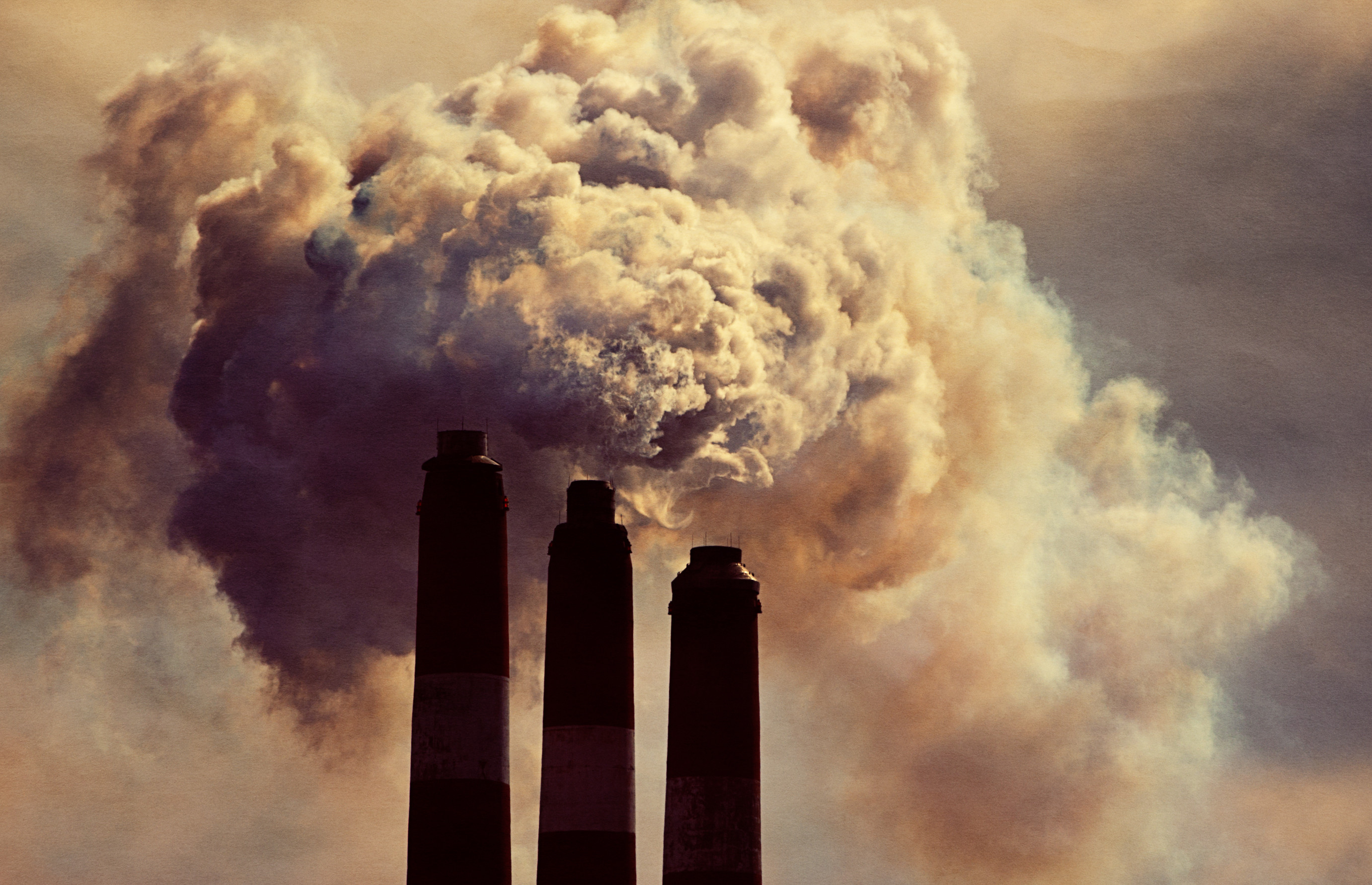The latest push to get Canada to create enforceable air quality standards? The fact that pollution kills more people across the globe than war or infectious diseases.
At least nine million people worldwide died from pollution in 2015, according to a new report published by The Lancet Medical Group. China and India accounted for half of the total; socioeconomic status also greatly affected the probability of death from pollution, with nine out of ten deaths occurring in low and middle-income countries.
The report asserts that air, soil and water pollution and exposure to toxic chemicals killed three times more people than AIDS, malaria, and tuberculosis combined and 15 times more people than war and violence.
Where does Canada rank in the research? Its death rate is significantly lower than countries such as India and China. Nevertheless, it is among only a few developed nations that do not adhere to legally-binding air quality standards.
The Lancet report states that “pollution and its harmful effects on people’s health, the environment, and the planet have been neglected both by Governments and the international development agenda.” Canada learned its own hard lesson about neglect in 2014 when a spill from the Plains Midstream Canada plant leaked without warning to residents in Sarnia’s “Chemical Valley.”
The leak included benzene, a carcinogen that the World Health Organization states as having no safe level of exposure for humans. The Lancet Report took note of “Chemical Valley,” which comprises a 40-square kilometer region in Sarnia and houses sixty chemical plants and oil refineries. The report called the area an “environmental injustice.”
This month, journalists from the Toronto Star and Global News joined with students at Ryerson and Concordia universities to investigate the situation. They reported more than 500 incidents in the Chemical Valley in 2014 and 2015. Shockingly, only one public warning was issued.
Canada set its air quality standards under the Environmental Protection Act, but they are voluntary and do not cover carcinogens such as benzene or cadmium.
A parliamentary committee began addressing this grave situation last year and came up with more than 80 recommendations for transforming Canada’s Environmental Protection Act, including legally-binding, enforceable standards for air and drinking-water quality.
Environmental Minister Catherine McKenna has publicly committed to updating the Act next year.


